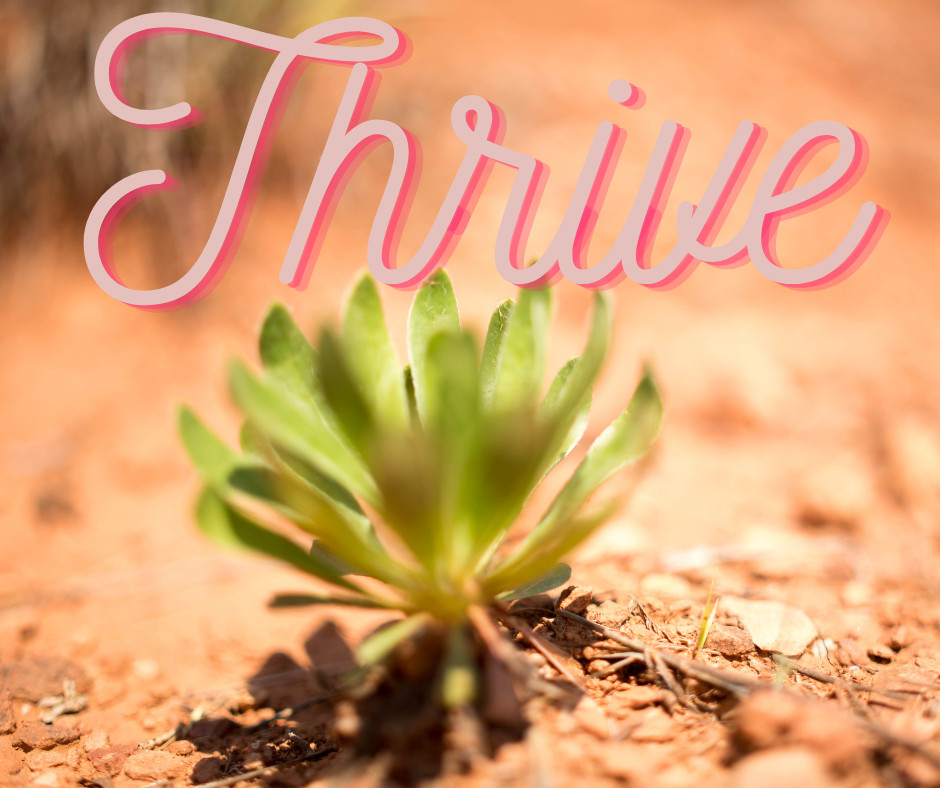
The Serenity Prayer offers profound wisdom, emphasizing acceptance, courage, and discernment as key components to navigating life's tumultuous journey. This timeless invocation encourages us to gracefully accept things beyond our control while finding the courage to change what we can. Significantly, it teaches us the critical skill of distinguishing between the two, allowing us to focus our energies wisely and live more fulfilling lives.
Understanding the concept of control is crucial to applying the Serenity Prayer's wisdom in our personal and professional lives. The distinction between our Circle of Influence and Circle of Control is particularly enlightening, illuminating areas of our lives we can directly affect versus those we cannot. By embracing this framework, we learn to conserve our energy for endeavors where we can make a genuine impact, thus fostering resilience and a sense of empowerment.
The beauty of the Serenity Prayer and the subsequent reflection on control and influence lies in its simplicity and depth. It not only guides us in facing challenges but also in proactively shaping a life of purpose and contentment. In doing so, it challenges us to widen our Circle of Influence through actions, strengthen our Circle of Control by making conscious choices, and apply wisdom to discern our efforts' most effective application.
Read more...
Paul MacLean's triune brain theory provides a compelling evolutionary framework for understanding human behavior and motivations by dividing the brain into three distinct parts: the reptilian, mammalian, and neo-mammalian. The reptilian brain, responsible for basic survival functions, aligns with the foundational levels of Maslow's hierarchy of needs, emphasizing physiological needs and safety. This part of the brain is instinctual, handling our fight or flight responses, and is crucial for maintaining our basic living requirements without conscious effort.
Moving up the evolutionary ladder, the mammalian brain, or the emotional center, caters to our needs for love, belonging, and emotional connections. It plays a vital role in processing emotions, instincts, and reproductive behaviors. This part of the brain enables us to form meaningful relationships and navigate our social environments, acting in concert with the reptilian brain to assess safety and danger, ultimately influencing our fight or flight responses based on emotional processing.
At the top is the newest addition, the neo-mammalian brain, focusing on higher-order functions like reasoning, abstract thinking, and decision-making. It represents the pinnacle of Maslow's hierarchy, enabling us to achieve self-actualization and fulfill our potential through reasoning and creativity. While the triune brain theory offers a simplified view of brain evolution and its influence on behavior, it lays the groundwork for further exploration into how these distinct parts interact to shape our actions and motivations, despite criticism and calls for a more integrated view of brain function.
Read more...
The practice of Nonviolent Communication (NVC) emerges as a beacon of hope in a world where conflict and misunderstanding are rampant—offering not just a method for resolving disputes without aggression but a way to enhance our interactions, catering to our fundamental human needs. By intertwining principles of compassion and mindfulness, NVC aligns closely with Maslow's Hierarchy of Needs, presenting a compelling approach that enriches how we connect with ourselves and each other. Through the lens of Maslow, which classifies human needs from basic safety to self-actualization, NVC's influence touches every level, advocating for empathetic listening and genuine self-expression, thereby catering to our needs for belonging, esteem, and ultimately, self-fulfillment.
NVC introduces four integral components—Observation, Feeling, Need, and Request—serving as a comprehensive guide for enhancing our connections and personal growth. These components encourage us to engage in safer communications, foster emotional intelligence, recognize and express our own needs as well as those of others, and to articulate our needs assertively. Such practices not only aid in conflict resolution but also substantiate our desires for love, respect, and mutual growth, paving the way for us to strive towards self-actualization as envisioned in Maslow's hierarchy.
As we incorporate NVC into our daily interactions, we embark on a transformative journey that transcends mere conflict resolution, steering us towards fully realizing our potential as individuals and as a community. This commitment to empathetic communication and understanding helps in cultivating an environment of empathy, respect, and collective growth, aligning with our highest aspirations for self-actualization. By adopting the principles of NVC, we navigate the complexities of human connections with grace and understanding, fostering a world where empathy and compassion are at the core of our relationships, thus helping us fulfill our profound yearning for connection, growth, and realization.
Read more...
In an era overwhelmed by daily stresses, our coaching program shines as a sanctuary of balance and well-being, grounded in the principles of Maslow's hierarchy of needs. We emphasize the critical role of safety needs - security, stability, and predictability - as essential elements for navigating life's challenges and laying the foundation for a fulfilling existence. Our approach not only aims to manage stress but also supports building connections and achieving self-actualization.
With over 70% of adults grappling with stress every day, its impacts are far from trivial, leading to a significant burden on our healthcare systems and contributing to a myriad of health issues affecting the cardiovascular, immune, and nervous systems, among others. Our methodology incorporates the timeless knowledge of Ayurveda and the innovative insights of functional nutrition, promoting lifestyle and dietary adjustments alongside integrative practices like yoga and meditation. This holistic strategy is designed to restore balance, addressing the root causes of stress and enhancing overall wellness.
Our program delves into the complex relationship between stress, hormonal health, and brain function, recognizing that chronic stress can act as a precursor to more severe health concerns, including cancer. By understanding the long-term consequences of stress, we aim to empower individuals with the knowledge and tools needed for effective stress management, ultimately reducing their risk of disease and promoting a harmonious balance between the body and mind. Through a blend of ancient wisdom and modern science, we offer a path to a healthier, more balanced lifestyle.
Read more...
In an eye-opening exploration of food's grip on our minds and bodies, Dr. Joan Ifland, a renowned expert in food addiction, delves into the striking similarities between food and drug addictions at the "The Truth about Weight Loss" summit hosted by Better Life Summits. Dr. Ifland illuminates how processed foods, much like drugs, can hijack our brains' reward pathways, leading to a cycle of intense cravings and crashes. This cycle, driven by the corporations that once sold us tobacco, now exploit our biological responses to keep us reaching for processed food products that are deliberately designed to be addictive.
Dr. Ifland also highlights the insidious role of the food industry, tracing it back to tactics originally developed by tobacco companies. By uncovering documents from the tobacco industry's past, Dr. Ifland reveals how companies like RJ Reynolds have maneuvered their way into our diets, turning products like Hawaiian Punch and Oreo cookies into staples of childhood and beyond. These strategies, coupled with modern digital marketing, continue to entice and addict consumers from a young age, leveraging familiar mascots and social media to engage and ensnare the next generation in unhealthy eating habits.
Moreover, Dr. Ifland provides a stark analysis of the neurological impact of food addiction, detailing how the overstimulation of neurotransmitters like dopamine leads to a detrimental cycle of seeking substances to avoid withdrawal rather than for pleasure. However, she offers a glimmer of hope, suggesting that through understanding and consciously shifting our behaviors, we can begin to repair the damage and recover from addiction. By fostering connections and nurturing the oxytocin pathway, which is associated with love and bonding, there is a pathway towards healing, allowing us to reclaim control over our health and well-being.
Read more...



